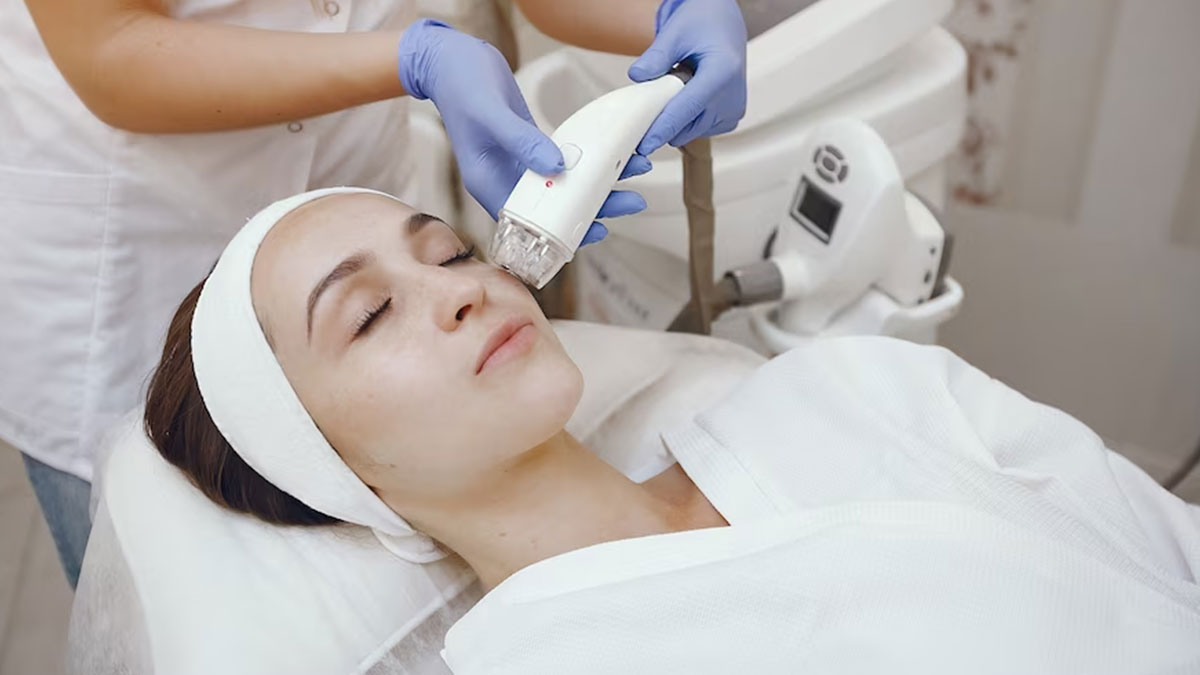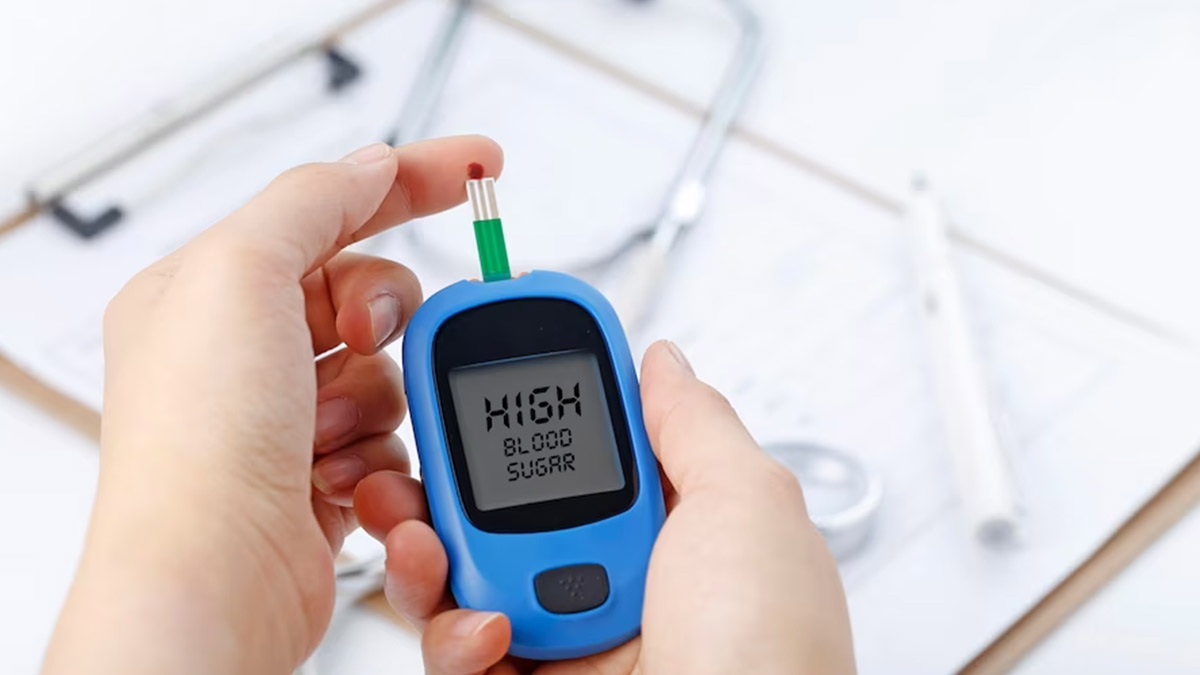
Laser hair removal has proven to be a welcome respite from stubborn unwanted hair. A popular cosmetic procedure for both men and women, laser hair removal is a simple procedure in which the energy from lasers is directed on the skin to destroy or shrink the hair follicles and stem hair growth. However, for people suffering from chronic conditions like diabetes, laser hair removal needs extra care and attention.
Table of Content:-
Speaking with the OnlyMyHealth team, Dr Rinky Kapoor, Consultant Dermatologist, Cosmetic Dermatologist, Dermato-Surgeon, The Esthetic Clinics, suggested that laser hair removal might not work on some people with diabetes and can also lead to dangerous complications.
Potential Complications of Laser Hair Removal for Diabetics

As per a recent study by the Indian Council of Medical Research–India Diabetes published in The Lancet Diabetes and Endocrinology Journal, India is now home to 101 million diabetics. Considering this alarming statistic, and the advent of self-care in today’s time, it becomes necessary to talk of a cosmetic procedure as popular as laser hair removal in a more inclusive manner.
Also Read: Laser Hair Removal: Everything You Need To Know
“Diabetes reduces insulin production in the body and causes various issues like dry and irritated skin and excessive hair growth. Laser seems the perfect option, but it has some drawbacks,” informed Dr Kapoor. Some complications that are often seen during laser hair removal in patients who have diabetes are:
Higher Risk of Injury or Infection
Since laser hair removal uses tiny lasers which burn off the hair follicle, the possibility of wounds is high. However, high blood sugar levels due to diabetes directly cause reduced blood flow and nerve damage, impairing the body's natural healing capacity and leading to complications such as infections or scarring.
People with diabetes may also suffer from reduced sensitivity to heat or pain due to peripheral neuropathy or nerve damage in the extremities. This can be a concern during laser hair removal as the cosmetic technician relies on the patient to inform them if they feel any unbearable pain during the laser hair removal procedure.
Probability of Skin Discolouration
Another potential concern for individuals with diabetes undergoing laser hair removal is post-inflammatory hyperpigmentation. People with diabetes are more likely to experience these changes in skin pigmentation due to changes in the skin caused by the condition.
Fluctuations in Blood Sugar Levels
Stress and pain during laser hair removal can temporarily affect blood sugar levels. As blood sugar levels are already unstable in diabetic individuals, additional strain can further debilitate these patients undergoing laser hair removal.
Precautions to Exercise Before Laser Hair Removal in Diabetes

Relaying that every skin reacts differently to the laser treatment, Dr Kapoor listed proactive steps to minimise the risks of laser hair removal, especially in patients suffering from diabetes-
- Ask the practitioner to do a patch test before the laser procedure to measure the effectiveness of the treatment.
- Avoid sun exposure and skin treatments before the laser sessions start and at least for 48 hours post the laser sessions.
- Avail laser hair removal services only from the best practitioner.
- After the hair removal procedure, use aloe vera to soothe the skin and reduce redness and swelling.
- Avoid strenuous activities like working out and exercising after undergoing laser hair removal.
- Wear loose clothing to prevent friction and sweat in the treatment area.
- Avoid sun exposure till the skin is healed, especially for the first 48 hours post the laser sessions.
Also Read: Diabetes Can Lead To Skin Problems: Common Conditions To Watch Out For
Conclusion
Prioritising personal safety and well-being is crucial when considering any cosmetic procedure. Even though laser hair removal is hailed as a safe and long-lasting treatment, those with diabetes must approach the process cautiously and be aware of potential risks. Experts suggest that by choosing a credible laser hair removal specialist, dedicatedly following pre-and post-procedure care instructions, and maintaining blood sugar control, individuals with diabetes can enhance their chances of a successful laser hair removal experience.
Also watch this video
How we keep this article up to date:
We work with experts and keep a close eye on the latest in health and wellness. Whenever there is a new research or helpful information, we update our articles with accurate and useful advice.
Current Version
